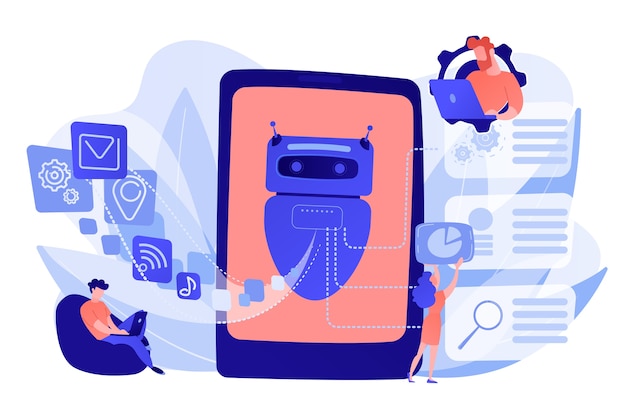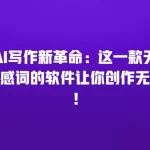共计 2898 个字符,预计需要花费 8 分钟才能阅读完成。
In today’s academic environment, the use of AI tools like ChatGPT for paper writing and editing has gained immense popularity. However, many students are concerned about the ethical implications and potential risks, particularly regarding academic misconduct and plagiarism. This article will guide you on how to effectively utilize ChatGPT to enhance your writing while ensuring you remain within the boundaries of academic integrity.
Understanding ChatGPT: What It Can Do for Your Writing
ChatGPT is a powerful language model that can assist in various stages of the writing process. From brainstorming ideas and outlining to grammar checks and paraphrasing, it can significantly improve the clarity and quality of your work. However, it’s essential to recognize that ChatGPT should be a tool for enhancement rather than a crutch that leads to academic dishonesty.
The Ethical Use of AI in Academic Writing
Establish Boundaries
When using ChatGPT, it’s crucial to set clear boundaries for its application. Use it as an aid for editing, feedback, or even generating ideas, but avoid relying on it to produce entire sections of your paper verbatim. This way, you ensure that the authenticity of your voice and ideas remains intact.
Review AI-Generated Content
Always critically evaluate the content generated by ChatGPT. Even though it can produce coherent and contextually appropriate phrases, it may not always align with academic standards. Make necessary adjustments to ensure that the information is accurate and properly formatted according to your institution’s guidelines.

参考文章: 如何快速访问 ChatGPT 官网?全面解析访问问题与解决方案。
Plagiarism Risks: How to Avoid Them
Understand Plagiarism
Plagiarism involves presenting someone else’s work or ideas as your own without proper attribution. This includes not only direct quotations but also paraphrasing someone else’s ideas without acknowledgment. Using ChatGPT to create content that closely resembles existing works raises serious concerns about academic integrity.
Implement Proper Citations
Whenever you incorporate ideas or specific language from the output produced by ChatGPT, be sure to provide proper citations. This includes acknowledging any sourced information and maintaining a transparent relationship with your academic community.
Maintaining Academic Integrity
Use ChatGPT for Revision and Clarification
ChatGPT is excellent for revision. After completing your draft, run sections through the tool for grammatical checks, clarity improvements, or even stylistic suggestions. This way, you are actively engaging in the writing process rather than outsourcing your work.
Seek Guidance from Educators
If you’re unsure about using AI tools in your writing, consult with your professors or academic advisors. They can provide specific guidelines on acceptable practices concerning AI in your discipline.
Conclusion: Enhance, Don’t Replace
Utilizing ChatGPT for editing your papers can be incredibly beneficial when done ethically. By understanding the capabilities of the tool and applying it judiciously, you can enhance your writing without crossing boundaries into academic misconduct.
As long as you remain mindful of your use and prioritize your efforts to produce original content, ChatGPT can be a valuable assistant in your academic writing journey. Embrace the technology, but remember, the heart of academic work lies in the expression of your unique thoughts and insights.







